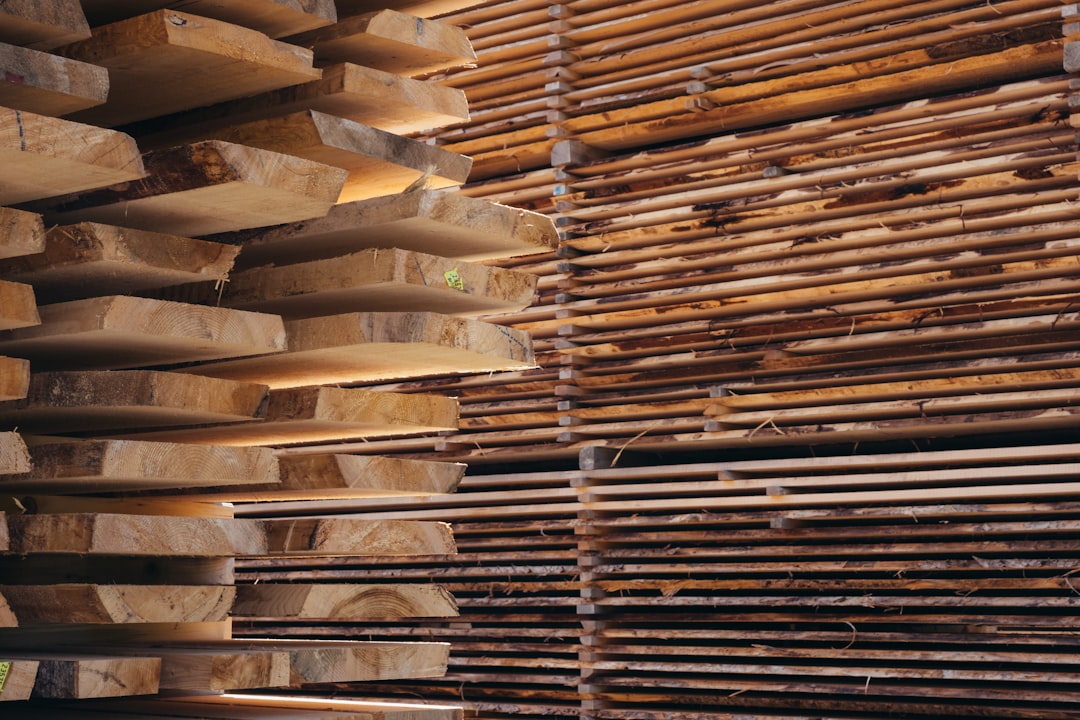Cost of Bamboo Flooring: Professional Insights
Price source: Costs shown are derived from our proprietary U.S. construction cost database (updated continuously from contractor/bid/pricing inputs and normalization rules).
Eva Steinmetzer-Shaw
Head of Marketing
The Real Cost of Bamboo Flooring for Construction Professionals
Understanding the cost of bamboo flooring is crucial for construction professionals aiming to provide accurate estimates and maintain profitability. The average installed cost ranges from $7 to $17 per square foot, with materials costing $3 to $8 and labor, underlayment, and trim adding $5 to $10. Staying updated with current market rates is essential for precise budgeting.
Current Price Range per Square Foot
In 2026, the cost of bamboo flooring installation remains competitive, with materials priced between $3 to $8 and $7 to $17 per square foot. Labor and additional components like underlayment and trim can add $5 to $10 per square foot. Utilizing real-time data ensures your quotes reflect the latest market conditions.
Five Major Cost Drivers
- Product grade: Higher-grade bamboo like strand-woven is more expensive.
- Finish type: Factory finishes can increase costs but reduce future maintenance.
- Installation method: Floating floors are less labor-intensive than glue-down systems.
- Subfloor prep: Additional costs for leveling and moisture barriers.
- Room complexity: Complex layouts increase labor time and waste.
How to Calculate Project Costs Efficiently
1. Use voice-guided tools to assess room conditions.
2. Access real-time material pricing.
3. Leverage labor databases for accurate cost projections.
4. Utilize AI for precise material takeoffs.
5. Generate detailed proposals quickly.
Comparing Bamboo to Traditional Hardwoods
- Material cost: Bamboo can be more affordable than some hardwoods.
- Installation time: Bamboo installs faster, reducing labor costs.
- Refinishing: Bamboo may require less frequent refinishing.
- Sustainability: Bamboo's rapid growth makes it an eco-friendly choice.
Hidden Costs to Consider
- Acclimation delays: Plan for on-site acclimation time.
- Trim and transitions: Budget for color-matched components.
- Disposal fees: Consider costs for removing old flooring.
- Permit fees: Check local requirements for structural changes.
Financing and ROI
Professionally installed bamboo floors can return up to 70% of their cost at resale. Consider pairing installations with other updates for increased ROI.
DIY vs. Professional Installation
- Tool rental: Professionals include tool costs in their rates.
- Waste factor: Pros minimize material waste.
- Warranty: Certified installations maintain manufacturer warranties.
Pro Tips for Budget Control
- Schedule offseason to reduce labor costs.
- Bundle projects to save on mobilization fees.
- Utilize leftover materials creatively.
- Lock in pricing to avoid market fluctuations.
Case Study: Reducing Costs in a Brookline Remodel
The Fernandez family achieved significant savings on their bamboo flooring project by leveraging professional insights and tools. Initial quotes were reduced by 12% through strategic planning and supplier negotiations.
Our Process
- Voice Audit: Identified key areas for cost savings.
- AI Takeoff: Ensured accurate material counts.
- Supplier Match: Secured discounts through regional distributors.
- Optimized Labor: Combined tasks to reduce mobilization costs.
Outcome
- Final contract: $21,230, a 12% reduction.
- Project duration: Completed in four days.
- Waste factor: Reduced to 3.2%.
- Customer satisfaction: Rated 5/5 for efficiency and quality.
Key Takeaways for Professionals
- Utilize real-time data for cost-effective sourcing.
- Bundle tasks to maximize savings.
- Ensure accurate takeoffs to minimize waste.

